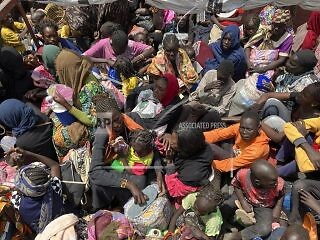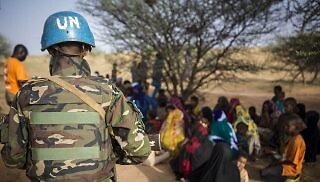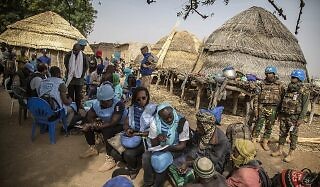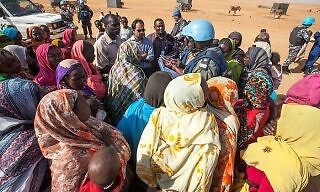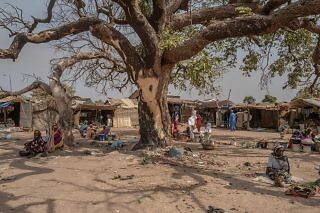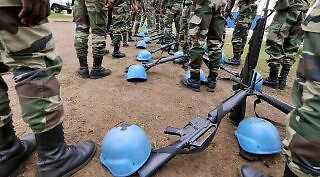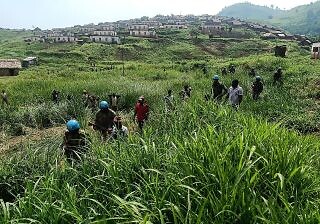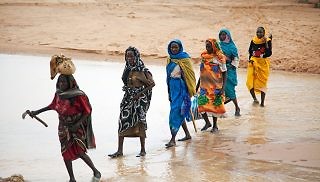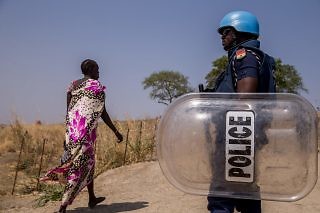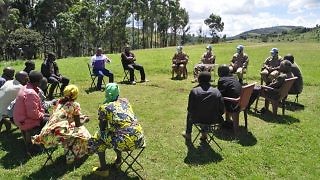For the first time in nearly 20 years, Sudan is without a UN peace operation that enables or supports the protection of civilians, increasing the likelihood that the already severe protection gaps in country will worsen. This danger is particularly significant as the war between the Sudanese Armed Forces (SAF), led by General Abdel Fattah […]
Tag: protection of civilians
-
-
A peacekeeping transition that mitigates the risks to civilians to the greatest extent possible is the UN’s best chance to continue implementing the principles of the Charter.
-
Significant strides have been made in developing an understanding that the protection of civilians is integral to peacekeeping. There is a risk of backsliding.
-
UN mission transitions still result in gaps in the protection of civilians experiencing violent conflict.
-
The Russian government-affiliated Wagner Group has gained widespread attention for its brutal tactics in the Central African Republic and Mali.
-
The UN should consider both the successes of the whole-of-mission approach and the pitfalls of its ever-burgeoning understanding of PoC.
-
MONUSCO’s mandate renewal is an opportunity for the UNSC to prove its relevance as a protection actor in the DRC.
-
There are a number of reasons why it is difficult for peacekeepers to protect civilians from sexual and gender-based violence, particularly those forms that fall outside of conflict-related sexual violence.
-
Without a corresponding political process, UN protection activities are an ineffective bandaid in situations of widespread violence.
-
Protection threats are expanding and aggravating in the time of the pandemic.
